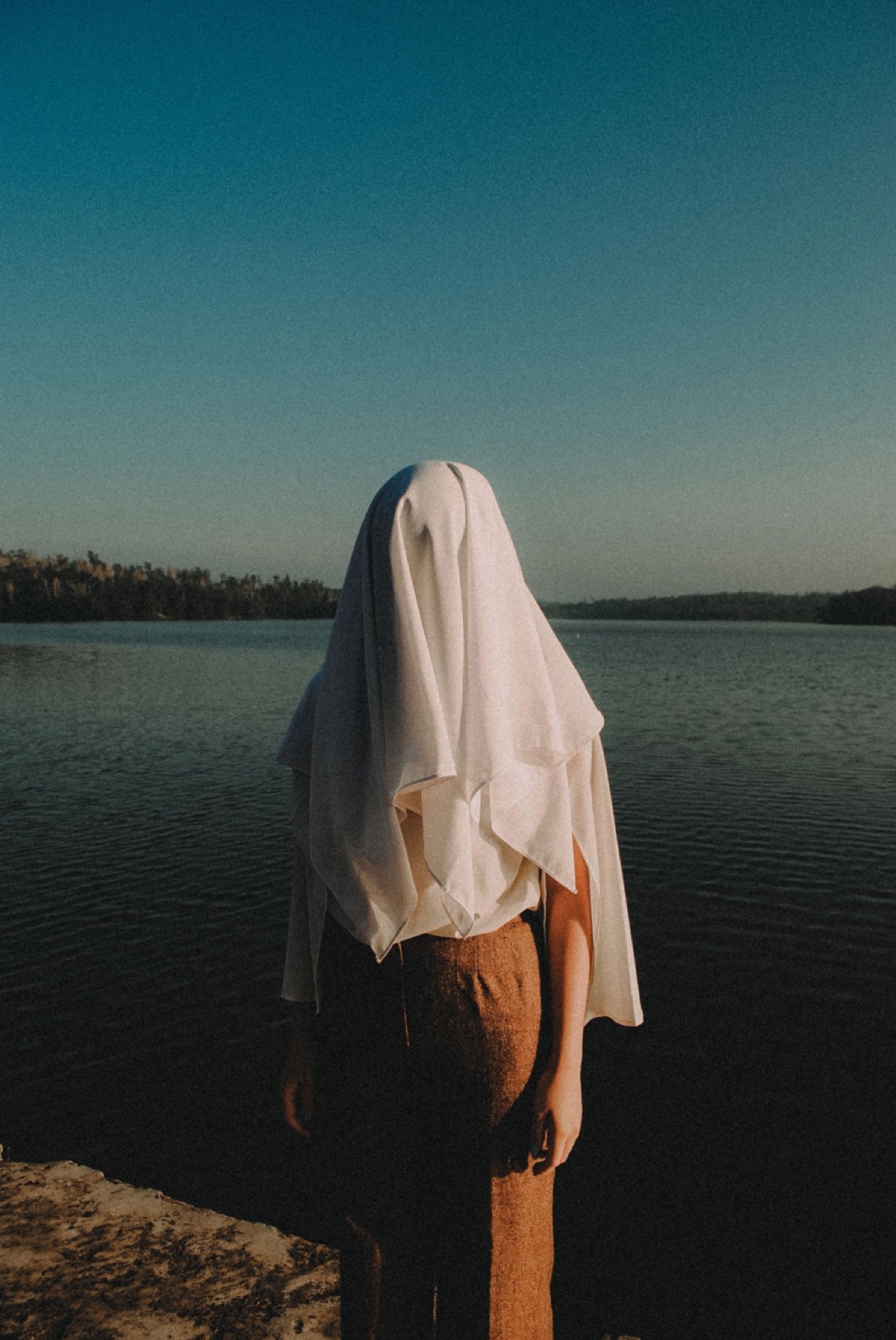UNDER CERTAIN CIRCUMSTANCES
By Meghan Tear Plummer

Photo by Yuris Alhumaydy on Unsplash
Mzansi South
My husband, Luke, and I went to a food and wine festival outside of Johannesburg. It was hosted in a huge white tent with pine shavings on the ground and fairy lights strung around the ceiling and also the wooden support poles. In the distance was Magaliesburg and its rocky hills, and immediately surrounding the tent, acres of green grass. Renowned South African vineyards gave free and generous tastings, and we must have stopped at six tables. I couldn’t have eaten enough to curb the wines’ effect, and my husband had to pull me away from conversations with strangers because I could not hear the silent timer that tells us when to end an exchange gracefully.
After excusing me from perhaps the third such interaction, this time with a toddler, I started arguing with my husband and soon came to: “We should never have gotten married.”
Though this was neither the time nor place I thought I would tell him, I’d feared for a while that it was true. I love my husband deeply—that wasn’t the issue. It was that he’d done everything he could to support me; listening to and encouraging me when I was sad, his patience seemingly infinite. And I’d done everything I could to adjust to life in South Africa—saying “yes” to every social invitation and learning words and phrases and customs, immersing myself in a job and exercising and eating well and taking my anti-anxiety medication. But none of it was working; we’d been in South Africa for a year and all I saw ahead of us was a life split in half, even when I imagined us returning to the U.S. It seemed unbearable.
My husband and I walked through the white tent and out onto the grounds as I explained these things to him.
“We don’t have kids yet, and we’re still young,” I concluded. “It’s only going to get harder for us.”
Everything Luke said to soothe me—that we would figure it out, that it would get easier and not harder—I combatted with logic that was increasingly cruel.
“There’s no such thing as The One,” I said. “You’ll find someone else.”
I thought of people with near-death experiences and how many of them characterize it as a sense of peace, like a giant math problem being solved before their eyes. That day at the wine festival, I felt that way, too.
Luke made an appointment with a couples therapist. I was happy to go; now that everything I’d hidden for the better part of a year was out in the open, it was easy to talk. I even told my mother-in-law what I’d said to Luke. I couldn’t tell if my total transparency meant I was improving or that I was becoming completely unmoored, with no understanding of my words’ effects—especially on Luke. I was still so far away from understanding the pain I’d caused him. The nearest I could come was a vague worry that I could no longer experience that empathy.
As with many businesses in South Africa, the therapist’s office was a room in her home. It had a separate entrance and a long couch and a wingback chair where she sat. During our first session, she said that couples therapy was more difficult than individual counseling. “People tend to blame each other,” she explained with a small smile. “So let’s try to keep it civil.”
She asked us what we loved about each other and what were our goals for our lives and then she asked us what were our biggest fears.
“That she’ll leave,” my husband said.
“My parents dying,” I said, ashamed at how juvenile my greatest fear sounded compared to my husband’s.
After two therapy sessions together, it was clear that I needed to continue on my own, and it was hard not to feel ashamed of that, too; I’d never heard of a couple going for therapy and the therapist saying, “Actually, only one of you is the problem.”
The therapist explained that my health insurance would pay for my sessions under certain circumstances.
“Which are?” I asked.
“That you’re depressed,” the therapist said.
I thought she meant it was just something she’d write on my application for coverage so that I would be able to afford treatment; I didn’t realize it was a diagnosis. But then I read her words, and I understood that it was: “The patient is suffering from depression triggered by the isolation and adjustment of immigrating to South Africa. This is affecting her social and occupational functioning.”
I wish I could instead describe to you the taste of the wines that day at the fair. I wish I could give you that day’s exact temperature and angle of the sun, so that even in another hemisphere, you would understand the feeling of it on your back, regardless of Fahrenheit or centigrade. I want to tell you stories, as I have done before, but I have been for some time now stuck under ice that is of my own making and also is not. The ice is all I have been able to see. It is, then, all I am able to tell about when there should be so much more.
“Mzansi South” is a part of our weekly story series, The By and By.
Enjoy this story? Subscribe to the Oxford American.


